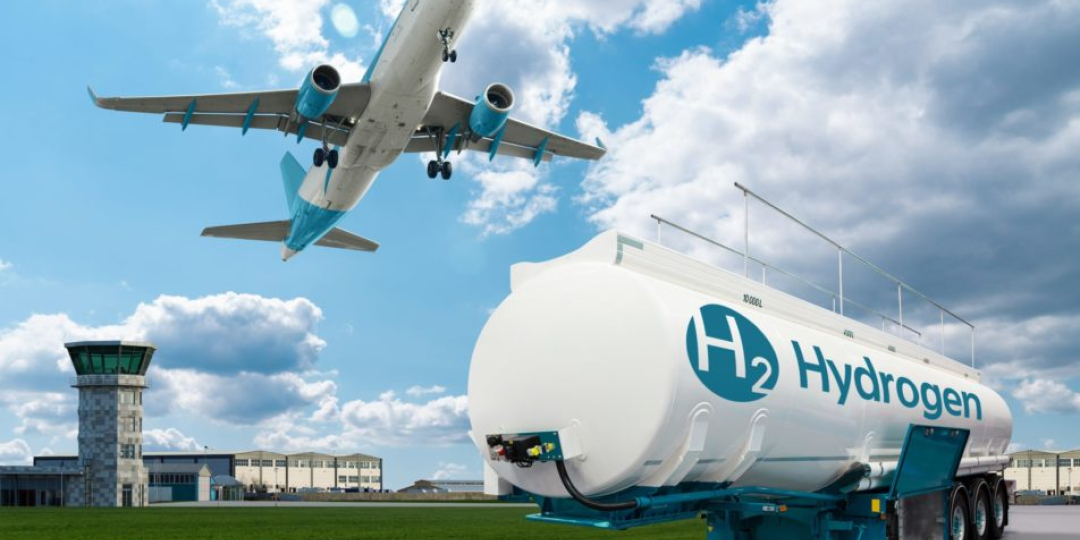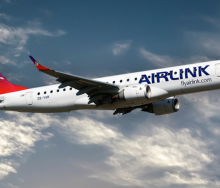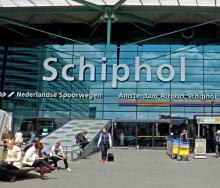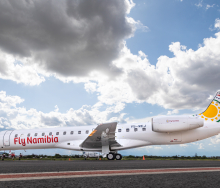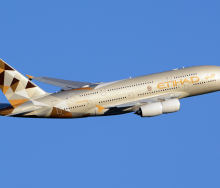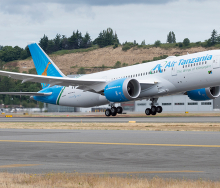A historic agreement was reached by all 193 International Civil Aviation Organization (Icao) members on Friday, October 7, to support the long-term aviation goal (LTAG) of nett-zero carbon emissions by 2050.
This follows years of planning and preparations after the Paris Agreement international climate change treaty in 2015.
Icao developed the framework for the target and, with sustainability being the primary focus, Iata adopted the LTAG in October 2021.
Meanwhile, the importance of changes required by governments to back sustainable aviation also needed to be taken into account.
The October 7 agreement is a serious step-up from the agency’s previous climate goal, set in 2010, of carbon-neutral growth from 2020 and a 2% annual improvement in fuel efficiency through 2050.
“States’ adoption of this new long-term goal for decarbonised air transport, following the similar commitments from industry groups, will contribute importantly to the green innovation and implementation momentum which must be accelerated over the coming decades to ultimately achieve emissions-free powered flight,” said Icao Council President Salvatore Sciacchitano.
While all 193 states have accepted the goal, it is ultimately non-binding, due to Icao’s non-regulatory role.
The October 7 pledge has received criticism from groups and members hoping for a more ambitious goal, with several European countries describing it as a “compromise”.
China, Russia and Eritrea were opposed to the nett-zero goals, with China expressing concerns that carbon-neutral growth from 2020 would negatively impact developing countries.
